Six-word question about consent every parent should be able to answer
Parents are being urged to learn the answer to a powerful six-word question as part of a brand new campaign.
Parents have been urged to educate themselves about consent in order to teach their kids about it under a new national campaign that hopes to reduce Australia’s shocking rates of sexual violence.
The Albanese Government has committed $40 million in funding to the initiative, announced on Sunday, which asks the question: “If we don’t know the answers, how will our kids?”
“Learning about consent isn’t just about reducing harm, it is about providing the next generation with skills to have safe, healthy relationships for life,” Minister for Social Services, Amanda Rishworth, said.
“Even though research shows that 86 per cent of Australians agree that adults need to talk to young people about consent, it’s something many of us aren’t talking about at all, because it might feel uncomfortable and awkward.
“This national campaign encourages people to learn more about consent, talk about it with other adults, and ultimately build a shared community understanding of the topic for the benefit of the next generation.”
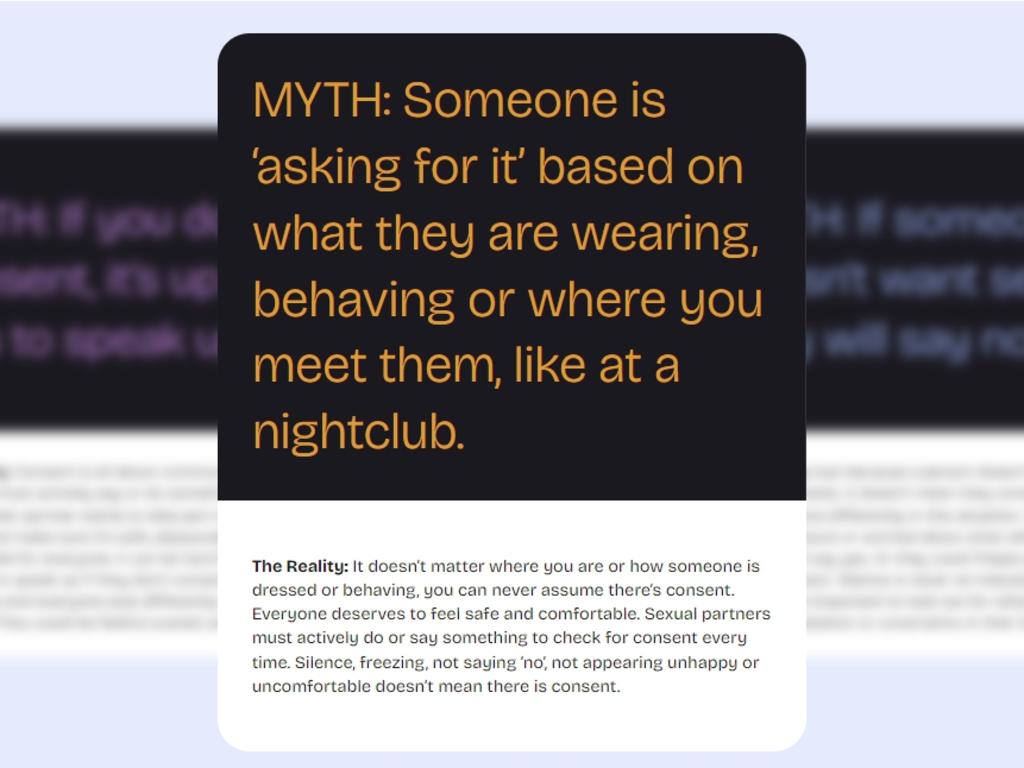
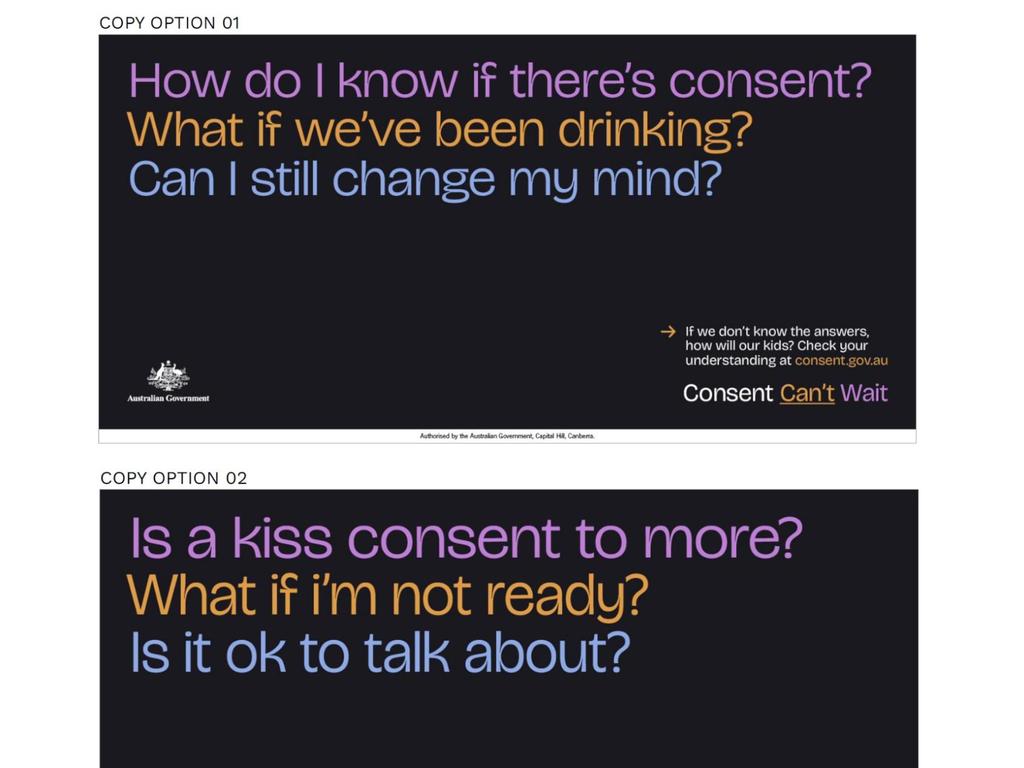
Video ads for the campaign feature footage of couples with a voice-over posing questions that debunk common myths, such as “What if we’ve been drinking, and we go back to their place?”, “Is a kiss consent to more?”.
There’s one six-word question parents should know the answer to: “Can I still change my mind?”
The question is based on a hypothetical scenario where a person has said “yes” previously but no longer wants to go ahead with it.
The ads direct viewers to a new website with question-and-answer cards, a “check your understanding” question generator and conversation guides to help adults talk not only to each other about the issue, but to their kids as well.
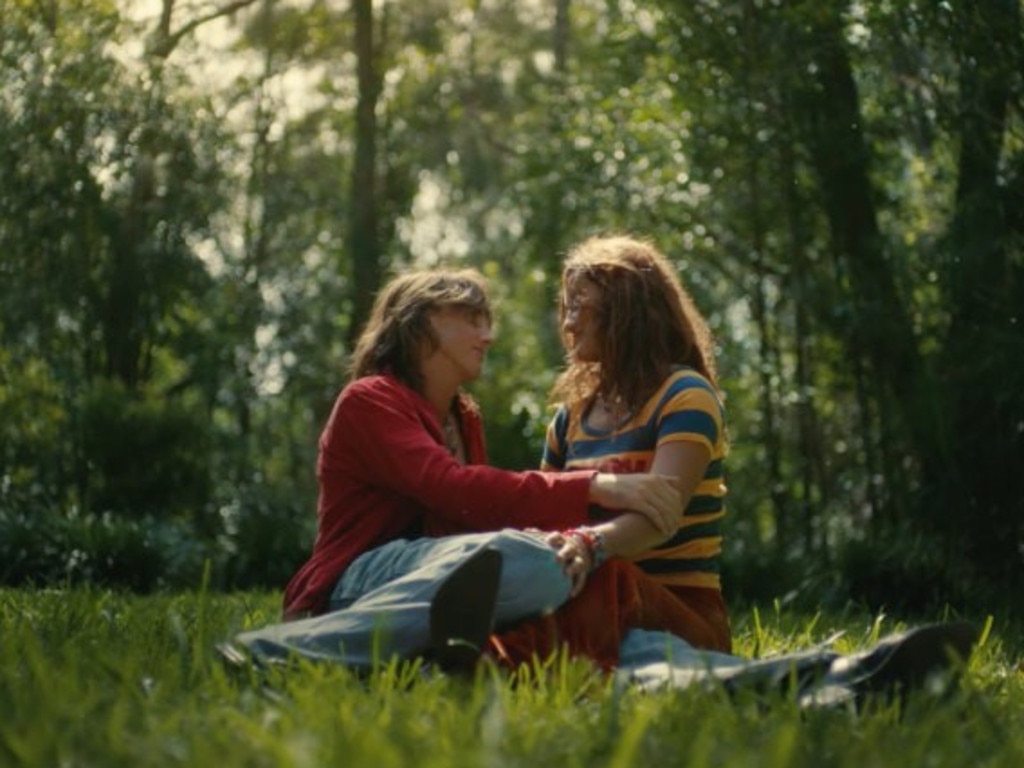
Teach Us Consent founder Chanel Contos, who consulted on and is an ambassador for the campaign, said “the impact of normalising public conversations about consent will be a significant step”.
The Consent Laid Bare author told The Guardian it was “not enough” for children to only learn about consent at school – education about the issue needs to come from the home as well.
“Whilst it’s amazing that consent education is mandated in Australia in schools, I don’t think that’s enough,” she said.
“I think that parents really need to step up and be willing to have these conversations with children regularly as they come up, and so that they know they have a safe place to go if they’re ever in trouble.
“As parents, you are the best person to deliver tailored education to your children by consistently reinforcing those conversations.”
Data informing the campaign showed that while 77 per cent say the topic is personally important and 86 per cent say adults should talk to young people more about it, half the population is conflicted in their understanding of consent, believing it to be a “minefield” for men to navigate.
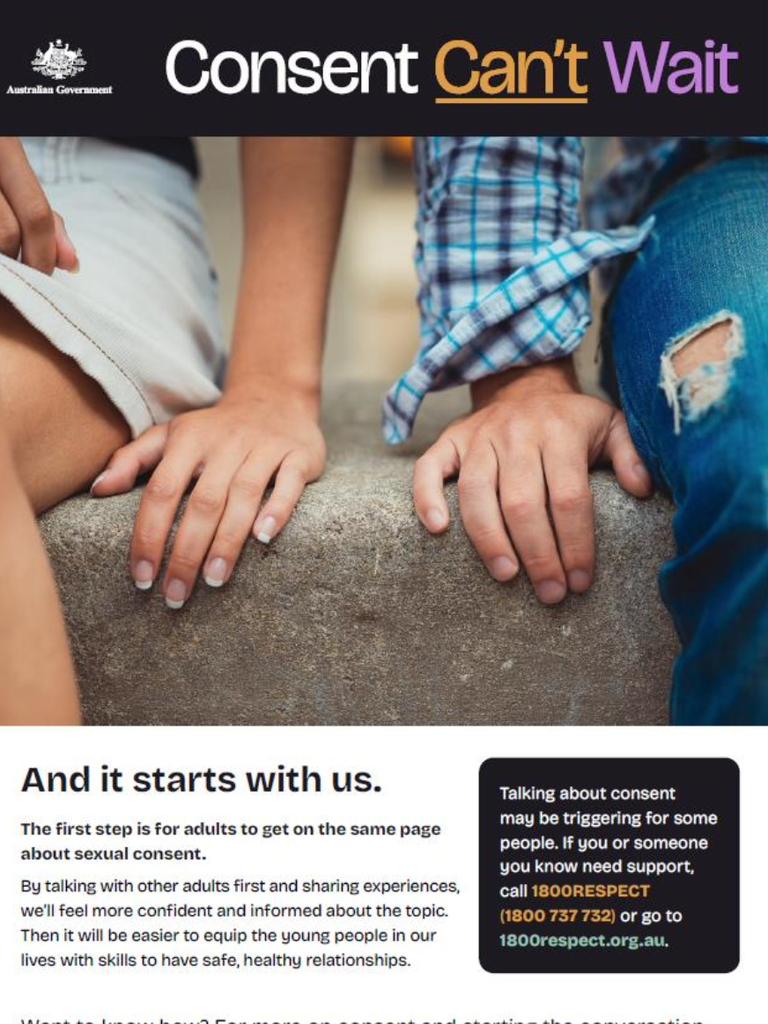
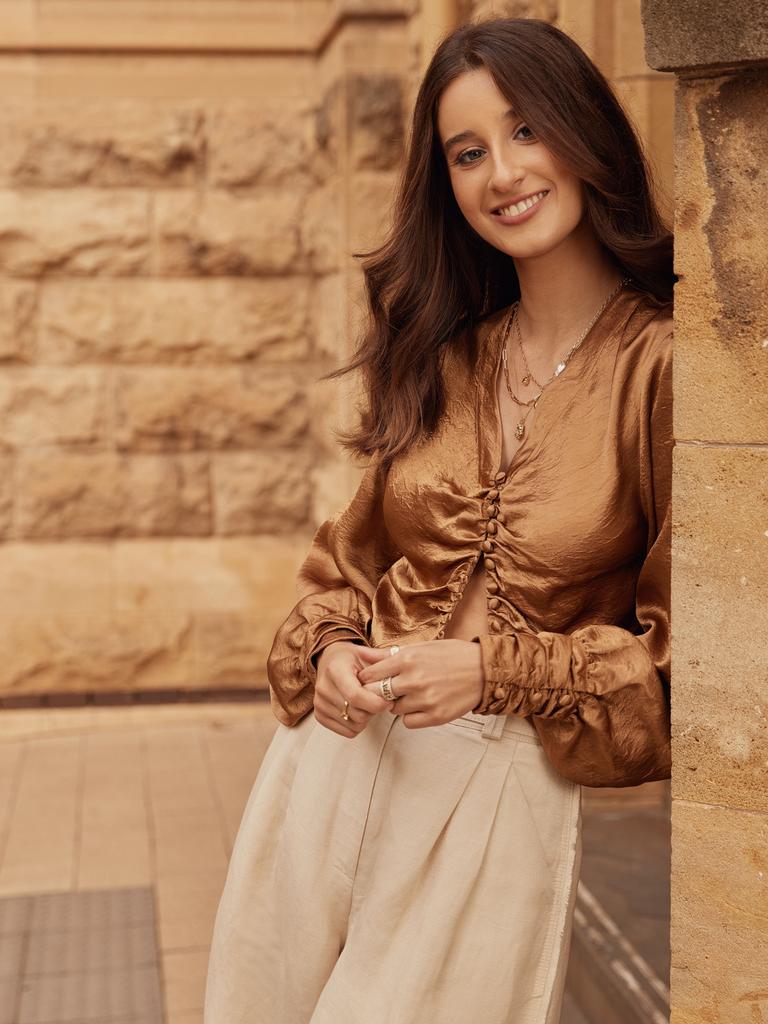
A similar proportion of the 2000 people surveyed said they are in a “state of flux” on the issue, and have low confidence in being able to actually define consent and feel there is a high cost if they get involved.
The research also found around 25 per cent of Australian teenage boys look up to social media personalities who perpetuate harmful gender stereotypes and condone violence against women.
Given that the most common demographic to perpetrate sexual violence in Australia is a 15- to 19-year-old male – a statistic “that is devastating, and on the rise” – Ms Contos said these conversations are “critically important”.
“So we’re talking about respectful relationships, talking about consent, ensuring they know it is needed, teaching them how to ask for it, and more importantly than anything, teaching them how to accept a no. And that can be done from a really young age.”
Assistant Minister for the Prevention of Family Violence, Justine Elliot, said getting clear messages through to young people was critical to achieving a cultural shift.
“There’s a lot of contradictory messages and myths around consent, so it’s vital that we provide clarity and consistency on the messaging,” Ms Elliot said.
“This campaign will ensure everyone in the community has a better understanding around consent and help us to come together in preventing this violence.”






